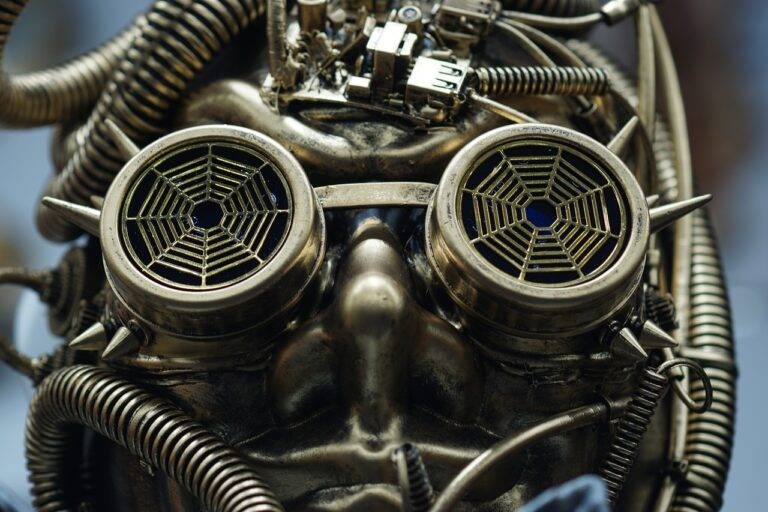The Future of Tech in Wearable Medical Devices
The integration of sensor technology in healthcare holds immense promise for revolutionizing patient care and monitoring. Sensors embedded in wearable devices can track vital signs, activity levels, and even detect anomalies in real-time, providing timely alerts to healthcare providers. This real-time data collection allows for proactive intervention and personalized treatment plans, leading to better outcomes and improved patient satisfaction.
Moreover, the advancement of sensor technology has paved the way for remote patient monitoring, enabling healthcare professionals to remotely track patients’ health status and adjust treatment strategies accordingly. This approach not only enhances patient convenience by reducing the need for frequent in-person visits but also allows for continuous monitoring of chronic conditions and early detection of potential health issues. By harnessing the power of sensor technology, healthcare providers can deliver more efficient and effective care while empowering patients to take an active role in managing their health.
Advancements in Sensor Technology
Sensor technology has made significant strides in recent years, revolutionizing various industries including healthcare. These advancements have enabled the development of wearable devices that can continuously monitor vital signs such as heart rate, blood pressure, and oxygen levels in real-time. This real-time data collection allows for early detection of health issues and provides valuable insights for healthcare professionals to deliver more personalized and effective care to patients.
Moreover, the miniaturization of sensors has paved the way for their integration into various medical devices and equipment, enhancing their functionality and precision. For instance, sensors are now being incorporated into surgical tools to provide feedback on tissue conditions during procedures, ensuring more accurate and minimally invasive surgeries. Additionally, the use of sensors in prosthetic limbs enables better monitoring of movement and pressure, improving the quality of life for amputees.
What are some potential applications of advancements in sensor technology in healthcare?
Advancements in sensor technology have the potential to revolutionize healthcare by enabling remote patient monitoring, early detection of diseases, personalized medicine, and more efficient healthcare delivery.
How have advancements in sensor technology improved patient care?
Advancements in sensor technology have improved patient care by enabling continuous monitoring of vital signs, tracking of medication adherence, detecting falls in elderly patients, and providing real-time data to healthcare providers for better decision-making.
What are some examples of advancements in sensor technology in the healthcare industry?
Some examples of advancements in sensor technology in the healthcare industry include wearable devices for monitoring fitness and health parameters, smart implants for drug delivery and monitoring, and remote monitoring systems for chronic disease management.
How do advancements in sensor technology contribute to preventive healthcare?
Advancements in sensor technology contribute to preventive healthcare by enabling early detection of health issues, monitoring of lifestyle habits, tracking of environmental factors affecting health, and providing personalized recommendations for disease prevention.
What are the challenges associated with the adoption of sensor technology in healthcare?
Some challenges associated with the adoption of sensor technology in healthcare include data privacy and security concerns, regulatory hurdles, interoperability issues with existing healthcare systems, and the need for healthcare professionals to be trained in using sensor technology effectively.





